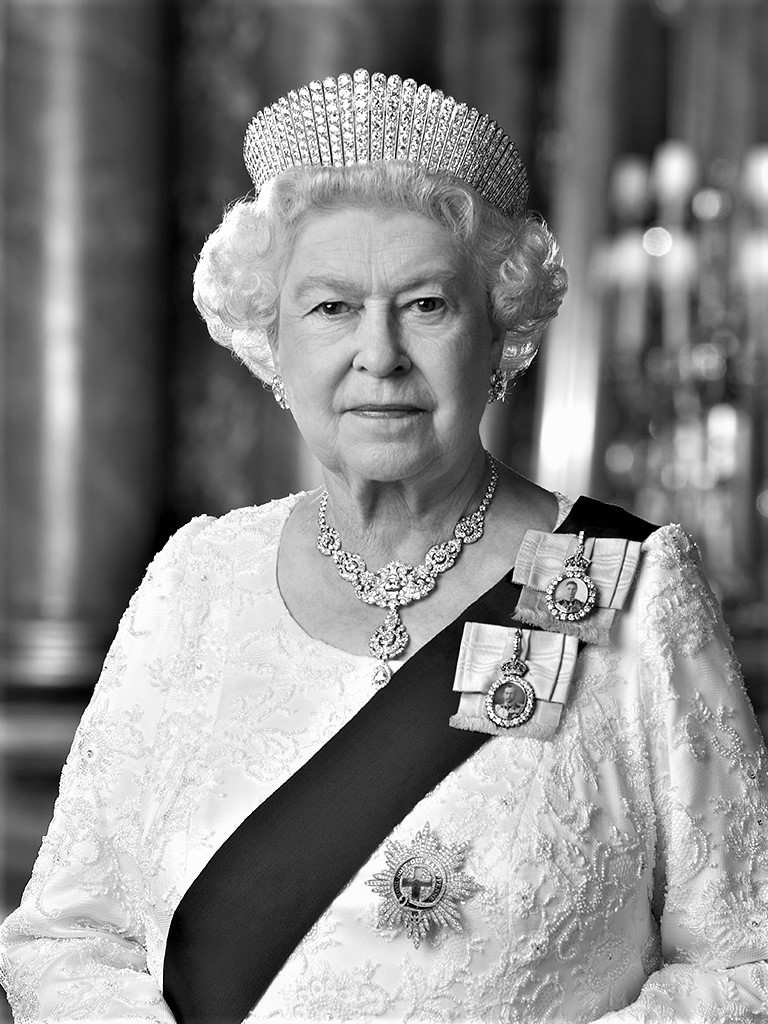Alongside Occupational Therapy, this training has been devised with Speech and Language Therapy and Dietetics colleagues. Please watch our YouTube video below of our fussy eating training for further advice and strategies.
Fussy Eaters
It can be typical for children to go through phases of 'fussy eating'. It's natural to worry whether your child is getting enough food if they refuse to eat sometimes, but it's perfectly normal for toddlers to refuse to eat or even taste new foods. If you are worried about your child’s dietary intake, it may be useful to keep a food diary, that way you can monitor how much of what they eat.

It can be useful to note:


It can be useful to note:
- What they ate and the amount they ate
- What time of day they ate
- Where they ate and who was there

Fussy Eater Training Video
Fussy Eater Leaflet
Messy Play
It can be helpful to encourage your child to experience and tolerate messy play and sensory activities to try to support trying new foods. Click here for our leaflet with ideas for getting messy with food.

